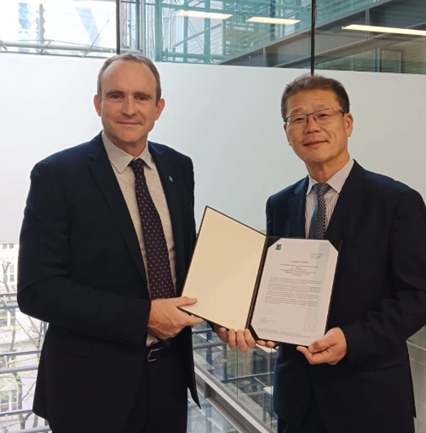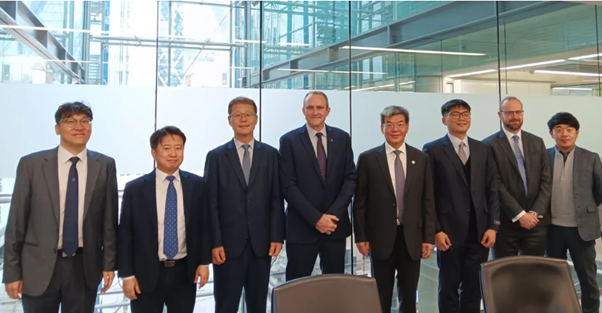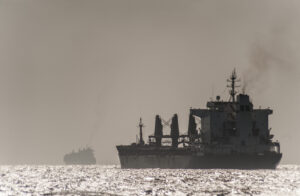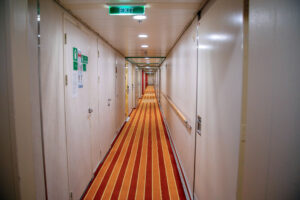
Alternative fuels, green steel and renewable energy are fundamental to greenhouse gas (GHG) emissions reduction during the life cycle of a vessel, an industry-first cradle-to-grave study on a newbuild LNG carrier has revealed.
The study carried out by LR, Knutsen, HDKSOE, and HHI Life Cycle Assessment (LCA), highlights the environmental output at each stage of a vessel’s life.
The six-month study, which began in June 2023, measures the carbon emissions generated throughout the entire life cycle of a 174,000 m3 newbuild LNG Carrier, from cradle (raw material extraction) to gate (shipbuilding), gate to end-of-life (operation), and end-of-life and to grave (demolition, recycling, and waste disposal).
Research carried out as part of the joint development project (JDP) reveals the majority of emissions are created during the operational period of a vessel’s life cycle, but that these can be reduced by approximately 90% through the use of zero- or low-carbon fuels.
Of the overall operations figure, 79% of GHG emissions are generated through ship operations (tank-to-wake), with 21% attributed to mining and transport (well-to-tank) of the fuels, highlighting the significant positive impact of low- or zero-carbon fuels on emissions reduction.
The study also reveals that GHG emissions during the shipbuilding stage (gate) can be significantly reduced if green steel – steel with low or zero GHG emissions embodied at the manufacturing stage – is introduced into the process.
The use of renewable energy could also lead to a GHG emissions reduction of around 60% at the yard level.
The study takes into account all emissions associated with the vessel throughout its life cycle.
Andy McKeran, LR chief commercial officer, said: “The IMO regulations are progressively evolving to encompass the entire value chain and Scope 3 emissions disclosures are gaining traction.
“The methodology created and tested as part of the study will provide a baseline for all life stages of a new construction vessel and serve as a benchmark for comparing the life cycle emissions of other LNG carriers.
“LR is seeing strong demand for LCA assessment, with leading shipowners keen to identify the most impactful measures to reduce their environmental footprint, and charterers looking to minimise their Scope 3 emissions.”
Jarle Østenstad, Knutsen director of newbuilding and innovation, noted: “In preparation for the forthcoming EU Corporate Social Responsibility Directive (CSRD), and other similar regulations across the globe, ship owners will be required to produce sustainability reports disclosing their Scope 3 emissions and outline strategies for mitigation. This LCA analysis brings owners one step closer to meeting these requirements.”



